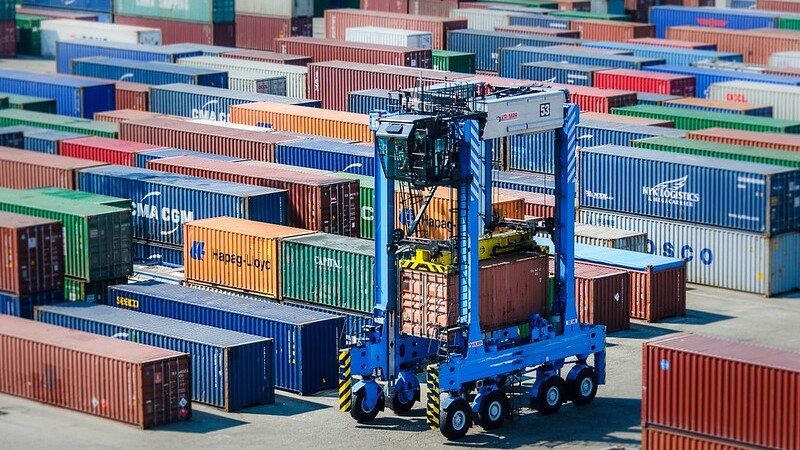A lawmaker has proposed that revenues from the European Union’s planned carbon border tax should be used to help poorest countries decarbonise their polluting industries.
In a report which was submitted to the European Parliament, a Dutch centre-left MEP, Mohammed Chahim called for an increase in climate finance to low-income nations that are hit by a proposed levy on carbon-intensive goods imported to the union.
The report by Chahim which is due to be debated by lawmakers in early February is a response to the European Commission’s proposal for trade partners to pay a carbon price equivalent to that paid by EU business.
Read also: Nigerian govt to partner its stock exchange on climate disclosure
It is expected that Chahim’s proposed amendments would broaden the scope of the tax and roll it out faster, with some support to soften the blow for the least developed countries (LDCs).
“It’s important that we cooperate rather than be confrontational with our trade partners,” he said. “The tax should not disproportionally affect least developed countries”.
He explained that the levy was intended to prevent “carbon leakage” and heavy industry fleeing Europe for countries with lower environmental standards as the bloc decarbonises.
Other experts have also raised huge concerns that it could hurt certain poor countries that rely heavily on trade with the EU and bear little responsibility for causing the climate crisis.
In his report, Chahim called for the levy, which is due to come into force in 2026, to be introduced sooner and on a wider range of imports, adding organic chemicals, hydrogen and polymers as sectors initially covered by the tax.
A transition period would be shorted from three to two years and free allowances would be phased out by the end of 2028 – eight years earlier than the Commission proposed.
